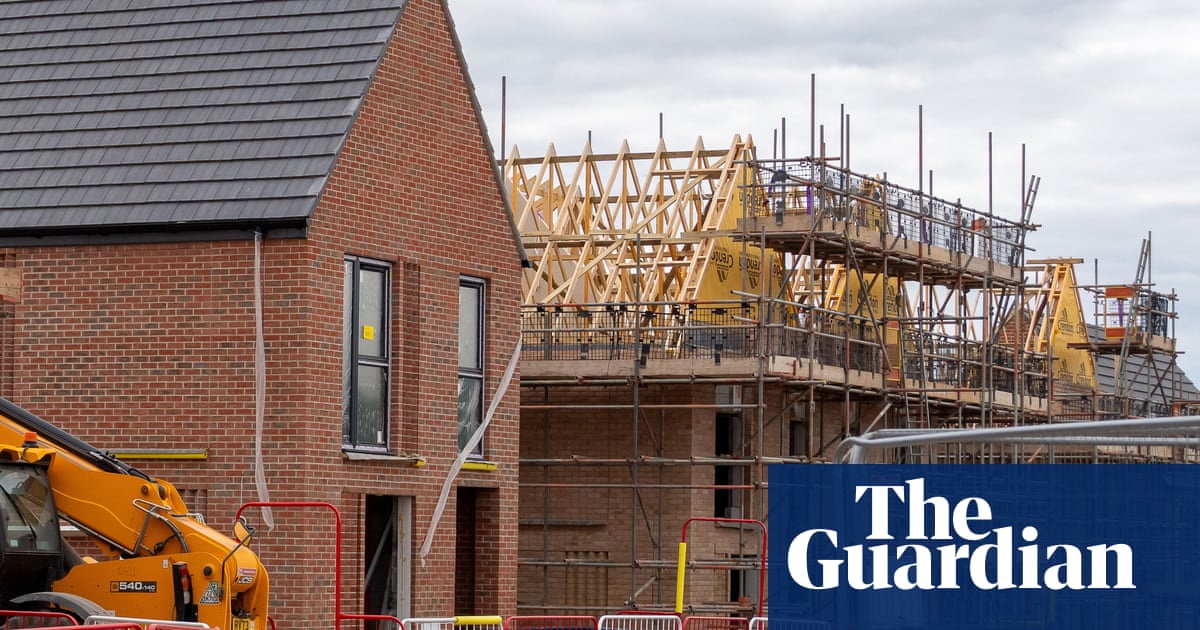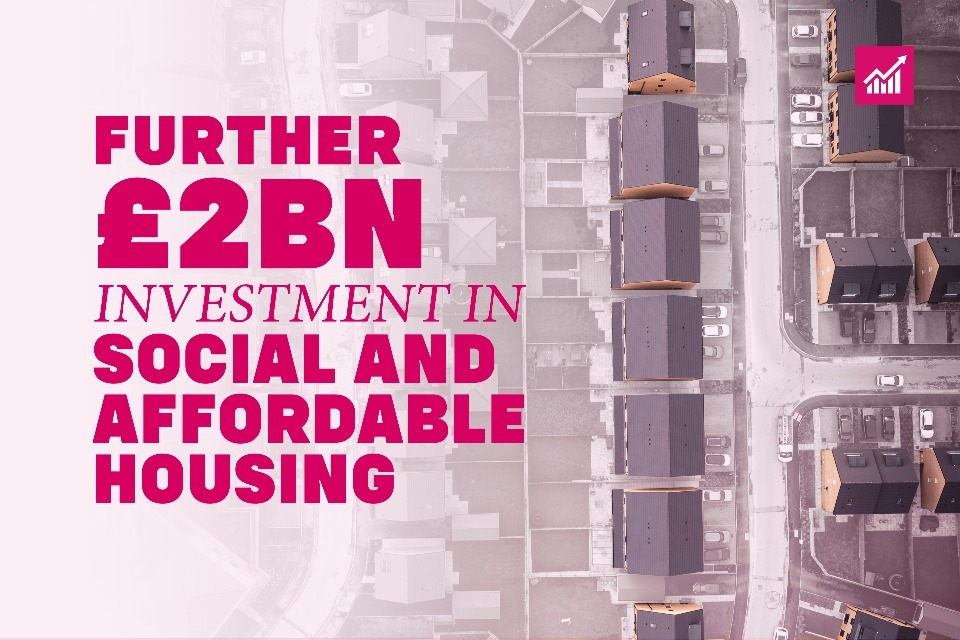- Dwelling On It
- Posts
- 🏚️ Supported Housing on the Brink
🏚️ Supported Housing on the Brink
Why Vulnerable People Are at Risk of Losing Their Homes
👋 Welcome to Dwelling On It - housing insight for people who shape what comes next.
Each edition explores the systems, policy shifts, performance trends, and practical realities reshaping social housing and repairs in the UK.
🏚️ Supported Housing on the Brink
Why Vulnerable People Are at Risk of Losing Their Homes
England’s supported housing sector is facing an unprecedented crisis. One in five supported homes — approximately 70,000 — are at risk of closure, threatening the safety, stability and independence of some of the country’s most vulnerable people.
Over 150 organisations, including Age UK, Refuge and the National Housing Federation, have called the situation a national emergency. Without urgent government action, providers say the system could start to unravel within the year.
⚠️ Four Forces Driving the Crisis
1. 📉 Collapsing Funding
The root of the crisis lies in years of underfunding. The 2009 removal of ring-fenced Supporting People funding ended dedicated investment in housing-related support. Since then, local authorities have been expected to stretch shrinking budgets across growing demand.
Between 2010 and 2020, support funding was cut by 75%
Providers estimate a current £1.6 billion annual shortfall
90% of commissioners say they cannot meet local needs with existing funding
Source
These cuts have made it nearly impossible for providers to sustain services, invest in new homes or even maintain current provision.
2. 💸 Rising Costs
The cost of running supported housing has soared, but contracts rarely reflect this. Providers face increased employer National Insurance contributions, skyrocketing energy prices and rising costs for staff, insurance and regulatory compliance.
One in three providers shut down at least one service last year
60% expect to close more in the next 12 months
Inflation has eroded budgets without corresponding uplifts
Source
Without financial flexibility, many schemes are becoming unviable.
3. 🏥 Systemic Strain
When supported housing disappears, pressure builds elsewhere. Hospitals, mental health services, prisons and social care all rely on supported housing to transition people into safe, stable environments.
Over 109,000 hospital bed days were lost last year due to discharge delays
NHS cost: £71 million
Without supported housing, we would need 14,000 more psychiatric beds and 2,000 extra prison spaces
Source
This makes supported housing not only a social need but a financial imperative.
4. 🆘 Human Impact
This is not about buildings. It is about people. Care leavers, abuse survivors, disabled and older adults and those with complex mental health needs are being pushed toward homelessness or placed in unsuitable temporary housing.
Over 70,000 people living in supported housing are currently at risk
The collapse of these homes will lead to worsening health, isolation and instability
Source
Once support is lost, rebuilding lives becomes exponentially harder.
🛠️ What Needs to Happen
🏛️ Secure Long-Term Funding
A 10-year national settlement is needed to stabilise the sector. Providers are calling for at least £1.6 billion per year to fund housing-related support through local authorities.
🏗️ Build New Supported Homes
The government must ring-fence part of the Affordable Homes Programme for supported housing, with grant levels that reflect actual delivery costs.
📑 Commission Strategically
Commissioning must move from lowest-price models to outcome-based contracts that fund quality, stability and sustainability.
🔍 Final Thought
Supported housing is the quiet infrastructure underpinning many lives. Its collapse would ripple across the NHS, criminal justice and homelessness systems — with real and lasting harm.
“Supported housing provides a crucial lifeline for those who need it, giving people the safety, freedom and opportunity to build their lives.”
Kate Henderson, Chief Executive, National Housing Federation
The cost of saving supported housing is high. But the cost of inaction will be far higher — financially, socially and morally.
🧠 Every £1 invested in supported housing saves nearly £2 in public spending by easing pressure on the NHS, social care, and emergency services
📚 Articles to Dwell On
🏁 Thanks for Dwelling On It
That’s all for this edition. If something here made you think, nod, or shake your head — I’d love to hear it. Just hit reply or drop a comment on LinkedIn or email us directly on [email protected]
Enjoyed this edition? Forward it to a colleague or subscribe here:
👉 https://newsletter.dwellingonit.com/subscribe
Follow us on LinkedIn → https://www.linkedin.com/company/dwelling-on-it


